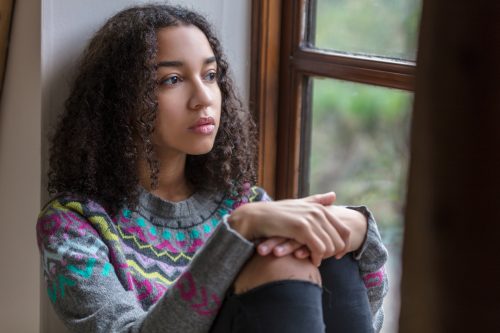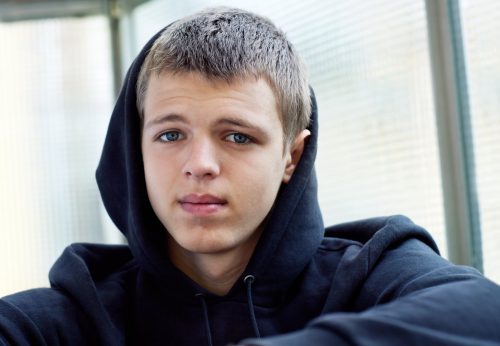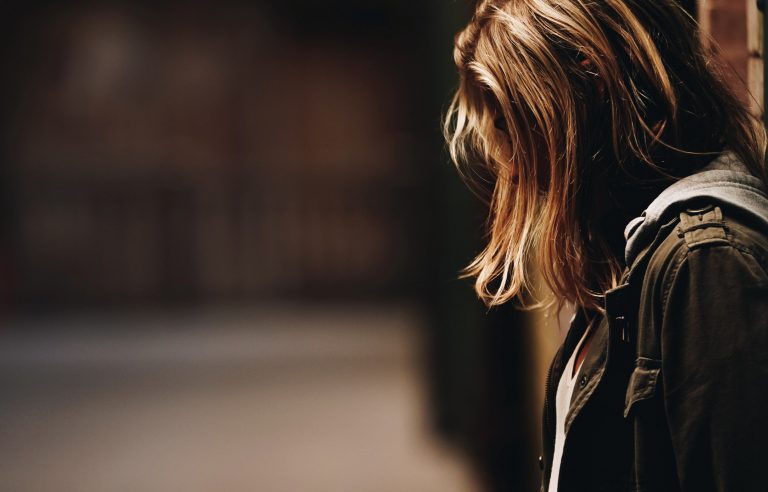Please be aware that this piece is going to be talking about sexual exploitation and sexual violence. This topic can be triggering and painful to think about for some, so please take care of yourselves (you will be able to find a list of helpful websites at the end of this post).
By Alice Reid, YMCA WiSE Project Worker
Here at YMCA WiSE, we work with young people and young adults who have experienced sexual exploitation or are at high risk of experiencing sexual exploitation. Our roles are varied, and no day looks the same. Often, we are meeting with young people out in the community, supporting them with how they are feeling, dealing with safeguarding issues & disclosures, and doing targeted sessions aiming to increase knowledge & understanding of things like sexual health, healthy relationships, grooming, safety, and trauma. Our ability to work with a child-centred and informal approach enables us to reach young people who may really struggle to access services. It’s so important to understand that people react to sexual violence in different ways – there is no one ‘right’ way to react. This is why I wanted to focus this piece on perceptions of victimhood and how that can affect our service users.

Something that often arises as a predominant theme in my work with young people is shame and self-blame. Often those that have been sexually exploited and/or experienced sexual violence internalise blame, and this can sometimes be reinforced by perceptions of victimhood perpetuated by others. Often, this is unintentional, and it is important to engage with reflective dialogue about how we as professionals working with survivors can ensure we don’t reinforce self-blame and shame.
Unique to sexually exploitative models of sexual violence, young people are often groomed using drugs, alcohol and most commonly, love and affection. This means that these young people will often be using substances and alcohol as well as sometimes seemingly returning to their perpetrators ‘of their own accord’. It can be complex for those who don’t understand the nuances of sexual exploitation, to recognise that this is still exploitation, even if it appears that the young person wants to ‘be with’ the perpetrator. A large part of our work is supporting the young person to recognise that they are being abused. This is a gradual and complex process which most often takes time. Sometimes, those wanting to keep the young person safe will feel frustrated with their loyalty to the perpetrator and this can cause the young person to become blamed for their own abuse. Unpicking these complex structures of blame is crucial to the young person being able to recognise their own internalised self-blame. Helping the young person to understand that what has happened to them isn’t their fault, can be life changing. A phrase I find helpful to consider when I feel I am getting lost within the structures of blame, is that ‘no one can consent to their own abuse’.

The ‘ideal victim’ is a recognised theoretical idea proposed by Nils Christie (1986), outlining ideas of what acceptable victimhood should look like. Christie defines this as, ‘weak (elderly, sick or very young), engaged in respectable activity, and therefore innocent. The ideal victim must also align with desirable notions of (White) feminine demeanour’. Adultification is an excellent example of how certain children are treated as more adult than others and therefore afforded less care and protection; most notably this occurs with black children and adolescents. This topic deserves its own written piece however for now I would direct those who are unaware of adultification to do some reading.
Those of us working with young people hopefully know that anyone can be a victim of sexual violence, but I believe it is imperative for us to be aware of these power structures which have dominated discourse as they will nearly always be enmeshed with how a survivor of sexual violence feels about themselves and their experiences.
Survivors that take drugs, or get angry, or don’t ‘fight back’, or wear make-up, or like having sex are no more responsible for their own abuse than Christie’s, ‘ideal victim’ representation. As professionals, friends, family members, we must remember that full accountability always lies with the perpetrator. This is something that we can instil in our young people and help them to unpick those complex webs of self-blame. The more blame someone feels for their own abuse, the more likely that they will feel alienated from those trying to help them separate from their perpetrators.
Support Sites:

